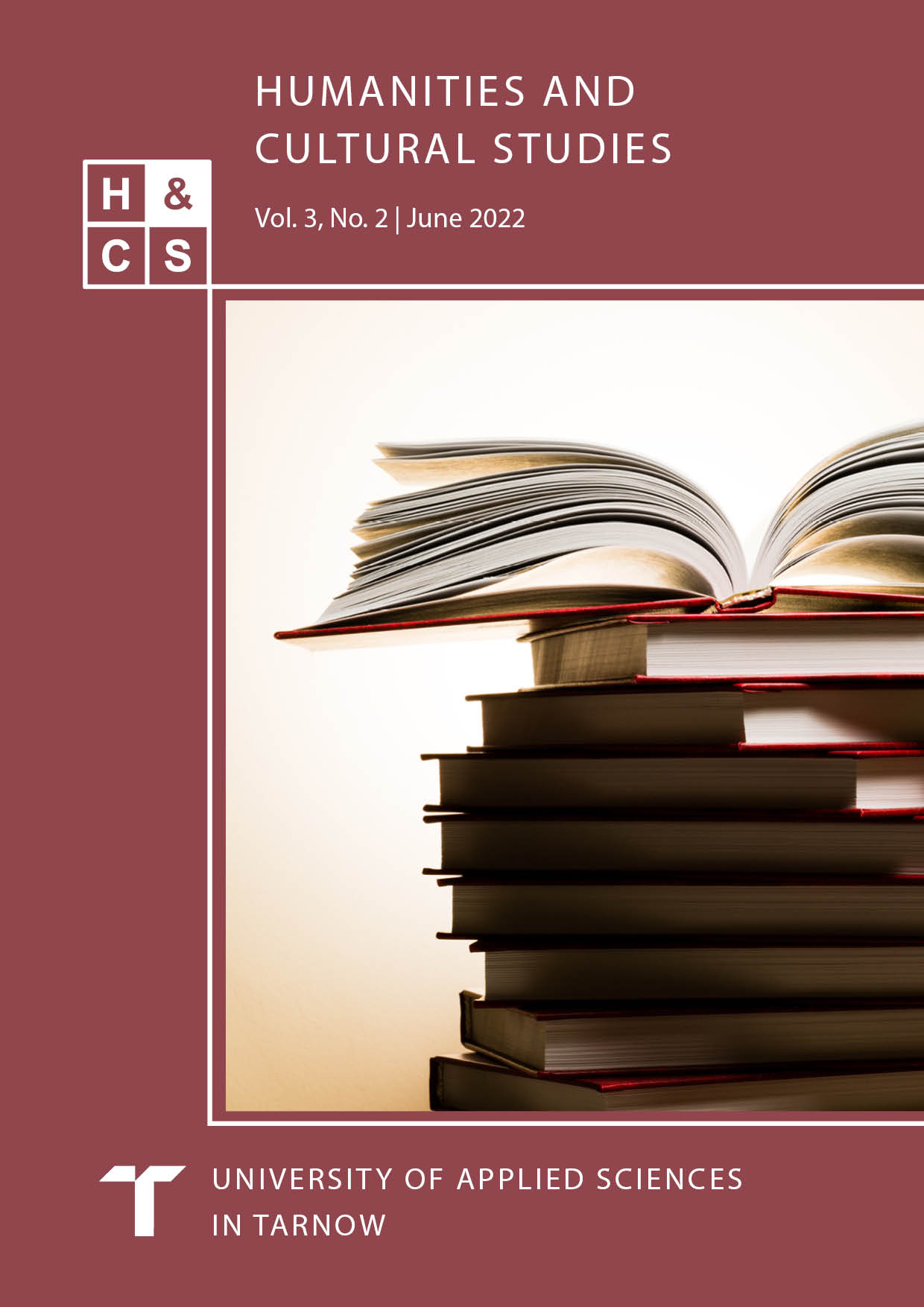Filter bubbles as a tool for disinformation and manipulation
DOI:
https://doi.org/10.55225/hcs.393Keywords:
filter bubble, information bubble, disinformation, information manipulation, social mediaAbstract
The digital reality that surrounds us seems to be very attractive, not only to young people but also to institutions that want to manipulate web users. This manipulation takes various forms, therefore in order to protect against it, it is necessary to know how it is carried out. In this article, the author focused on the issue called a filter bubble. The first part of the article is devoted to explaining this issue, both in terms of definition and its characteristics. The second part presents the role that filter bubbles can play in spreading disinformation and manipulation on the Internet. The author also tries to present ways of dealing with filter bubbles. A critical look at all information reaching us both through social media and popular search engines seems to be the most important facet argued in the article.
Downloads
References
Bąkowicz K., Fake news jako produkt medialny w dobie postprawdy. Studium przypadku Niebieskiego Wieloryba, praca doktorska pod kier. dr. hab. T. Kowalskiego, Uniwersytet Warszawski, Wydział Dziennikarstwa, Informacji i Bibliologii, Warszawa 2019. Google Scholar
Bozdag E., Bias in algorithmic filtering and personalization, „Ethics and Information Technology” 2013, t. 15, nr 3, s. 209–227. DOI: https://doi.org/10.1007/s10676-013-9321-6 Google Scholar
Bozdag E., van den Hoven J., Breaking the filter bubble: Democracy and design, „Ethics and Information Technology” 2015, t. 17, nr 4, s. 249–265. DOI: https://doi.org/10.1007/s10676-015-9380-y Google Scholar
Czerski W.M., Manipulacja informacją jednym z kluczowych problemów współczesnego świata mediów, „Dydaktyka Informatyki”, 2019, t. 14, s. 55–65. DOI: https://doi.org/10.15584/di.2019.14.5 Google Scholar
Czerski W.M., Przeciążenie informacyjne wyzwaniem dla edukacji doby cyfrowej, „Przegląd Pedagogiczny” 2020, nr 2, s. 74–84. Google Scholar
Holone H., The filter bubble and its effect on online personal health information, „Croatian Medical Journal” 2016, t. 57, nr 3, s. 298–301. DOI: https://doi.org/10.3325/cmj.2016.57.298 Google Scholar
Honan M., I Liked Everything I Saw on Facebook for Two Days. Here’s What It Did to Me, https://www.wired.com/2014/08/i-liked-everything-i-saw-on-facebook-for-two-days-heres-what-it-did-to-me/, [dostęp: 10 kwietnia 2022 r.]. Google Scholar
Malinowski B., Jak Facebook zamyka nas w bańce informacyjnej. Algorytm filtrujący newsfeed a zjawisko filter bubble, „Zarządzanie Mediami” 2016, t. 4, nr 1, s. 15–22. Google Scholar
Min Y. i in., Endogenetic structure of filter bubble in social networks, „Royal Society Open Science” 2019, t. 6, nr 11, 190868. DOI: https://doi.org/10.1098/rsos.190868 Google Scholar
Munson S.A., Lee S.Y., Resnick P., Encouraging reading of diverse political viewpoints with a browser widget, [w:] International Conference on Weblogs and Social Media (ICWSM), Boston, 2013. Google Scholar
Pariser E., Beware online „filter bubbles”, https://www.ted.com/talks/eli_pariser_beware_online_filter_bubbles/transcript, [dostęp: 5 kwietnia 2022 r.]. Google Scholar
Popiołek M., Sroka K., Bańka filtrująca i świadomość mechanizmów jej funkcjonowania wśród młodzieży – wyniki badania przeprowadzonego wśród gimnazjalistów, „Zarządzanie Mediami” 2019, t. 7, nr 3, s. 159–171. DOI: https://doi.org/10.4467/23540214ZM.19.011.11122 Google Scholar
Szpunar M., Koncepcja bańki filtrującej a hipernarcyzm nowych mediów, „Zeszyty Prasoznawcze” 2018, t. 61, nr 2 (234), s. 191–200. DOI: https://doi.org/10.4467/22996362PZ.18.013.9108 Google Scholar
Szpyt-Wiktorowska J., Strategie mediów wobec baniek informacyjnych, „Zarządzanie Mediami” 2018, t. 6, nr 1, s. 41–50. DOI: https://doi.org/10.4467/23540214ZM.18.004.9026 Google Scholar
Xing X. i in., Exposing inconsistent web search results with Bobble, [w:] Passive and Active Measurement, red. M. Faloutsos, A. Kuzmanovic, seria „Lecture Notes in Computer Science”, t. 8362, Cham 2014. DOI: https://doi.org/10.1007/978-3-319-04918-2_13 Google Scholar
Zdun-Ryżewska A. i in., Lekarz, pacjent i… dr Google, „Psychoonkologia” 2015, t. 19, nr 3, s. 104–109. DOI: https://doi.org/10.5114/pson.2015.55121 Google Scholar
Żulicki R., Żytomirski M., Próba wypracowania metodologii pomiaru baniek filtrujących w wyszukiwarce Google, „Zarządzanie Mediami” 2020, t. 8, nr 3, s. 243–257. DOI: https://doi.org/10.4467/23540214ZM.20.034.12052 Google Scholar
Downloads
Published
How to Cite
Issue
Section
License
Copyright (c) 2022 Wojciech Czerski

This work is licensed under a Creative Commons Attribution-NonCommercial 4.0 International License.





